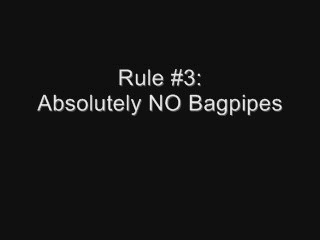
You wouldn't think that the hat above would be that hard to make, but it was. I actually made the hat three times before I made it correctly. I made it once without first doing the so-called magic loop. I didn't think I needed to do that. Big mistake. I just crocheted five SC and SL them together. Then, because it said you don't connect them ("Do not join rounds"), in my head I was thinking, Oh, turn! But it didn't say turn. So I ended up with a hat that had a huge gap in it. Stupid me.
I realized that it was a spiral. It would have been super helpful if the instructions had SAID, this hat is done in a spiral, rather than, Do not join the rounds. That really threw me off. As I mentioned in the beginning, there is a thing called a magic ring or adjustable ring, but I was too stubborn, so I tried it twice without and got this wavy crappy frisbee like thing. Man does my stubbornness suck!
Finally, I took the frisbee thing in to work to show Christina who has made oodles of these hats and said, what am I doing wrong. And she said, "Did you do the magic ring?"
"Uh. I don't know how to do the magic ring."
"Just go to Youtube. I learn everything from youtube!"
So here is how you do the magic ring. It's how I was able to do the hat AND the ears. If I didn't know the magic ring, I would have three small frisbee things and one unhappy Canadian friend with a baby with a cold head. Thank God for youtube. And this lady at crochet-mania.blogspot.com for making a tutorial. I'm not going to give you the pattern because it's written really poorly and I don't think I will use it again. But if you really want it, it's on ravelry. Search Osito Baby Hat, but don't say I didn't warn you.









